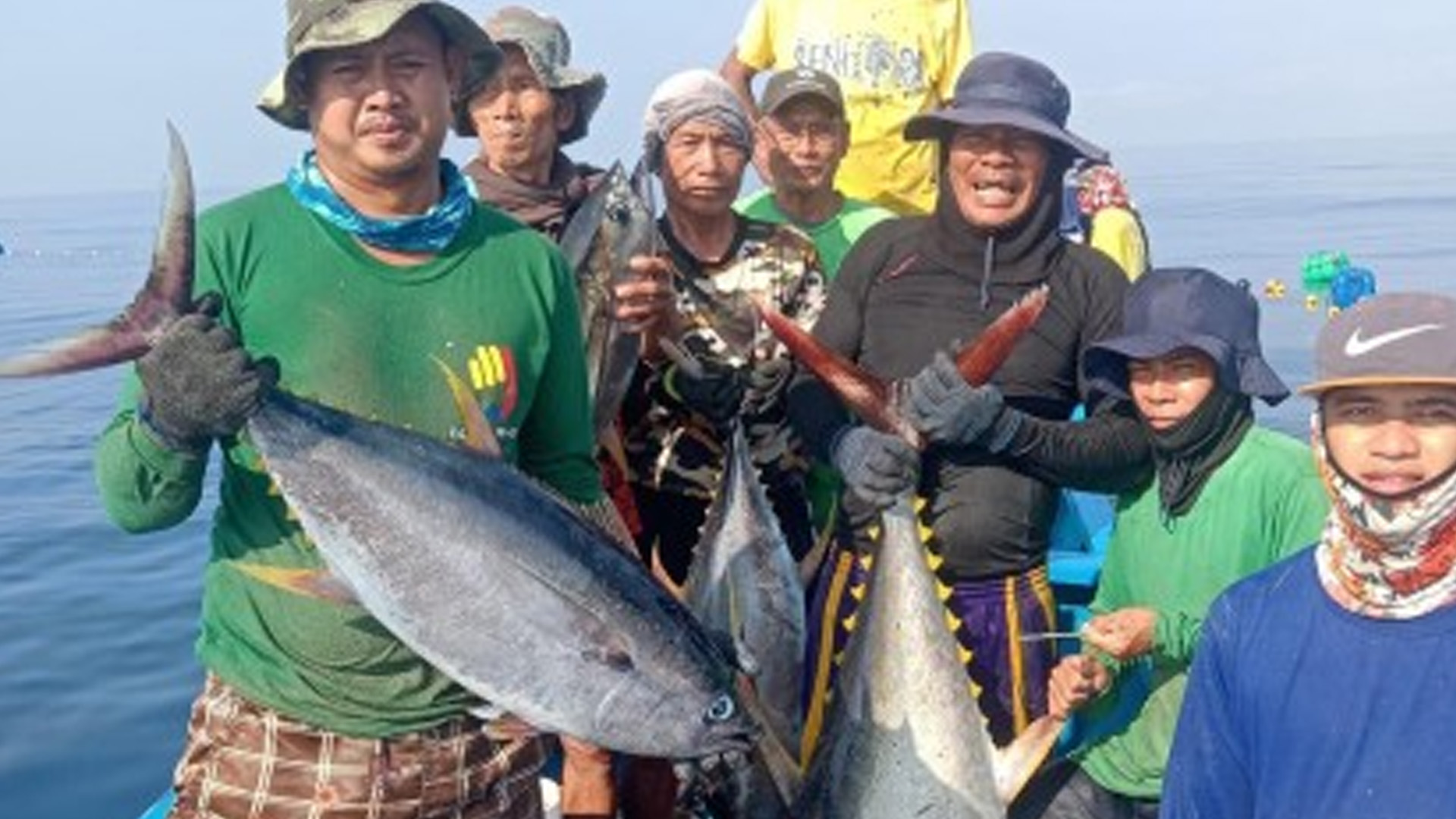Lambaklad, an eco-friendly fish trap technology, has boosted the catch of Dilavo Fishermen Association (DFA) members from Pasuquin, Ilocos Norte since it was introduced in May 2023.
With favorable weather on Tuesday, two of the group’s motorized fishing boats were loaded with tuna weighing a total of 216 kilos.
“In behalf of the whole association of Dilavo Fishermen Association, thank you, Lord, for the blessings,” Eúng Ramos said in his Facebook post on Tuesday that showed the association’s catch for the day.
Vanessa Abegail Dagdagan, Bureau of Fisheries and Aquatic Resources-Ilocos Region (BFAR-1) senior aquaculturist, told the Philippine News Agency that “This is just among the lucky days for the DFA.”
Dagdagan said DFA has reported around 500 kilos of tuna catch since March 8, or the time the fishermen restarted using the lambaklad after the net was destroyed during the onslaught of Super Typhoon Egay, which devastated a large number of regions nationwide in July 2023.
“The operation is twice a day on good weather since March 8, and they have caught half a ton already,” she said.
Coined from the Filipino words “lambat” (net) and “baklad” (fishpen), lambaklad uses a stationary huge fish trap laid down under the sea. It is a Japanese fishing technology introduced by BFAR to the Pasuquin fishermen last year.
The agency has put up PHP2.8 million worth of lambaklad for DFA members and this has allowed the fishermen to catch fish within the village’s waters, or within 100 to 200 meters from the shoreline.
Composed of 120 active members, including women and out-of-school-youth, the association first underwent skills training and participated in the construction, operation, management and maintenance of the lambaklad project before it was formally turned over to them.
DFA president Joel Queddeng, in an earlier interview, said the lambaklad technology has improved their catch.
“From an average catch of five to 10 kilos a day, our catch has increased to hundreds of kilos a day during good weather,” he said in the vernacular.
Technical support and regular monitoring of the association is being conducted to ensure the success and viability of the lambaklad project.
Popular catches in the fishing grounds of Pasuquin include tuna, scads species, moonfish and other pelagic species. (PNA)







